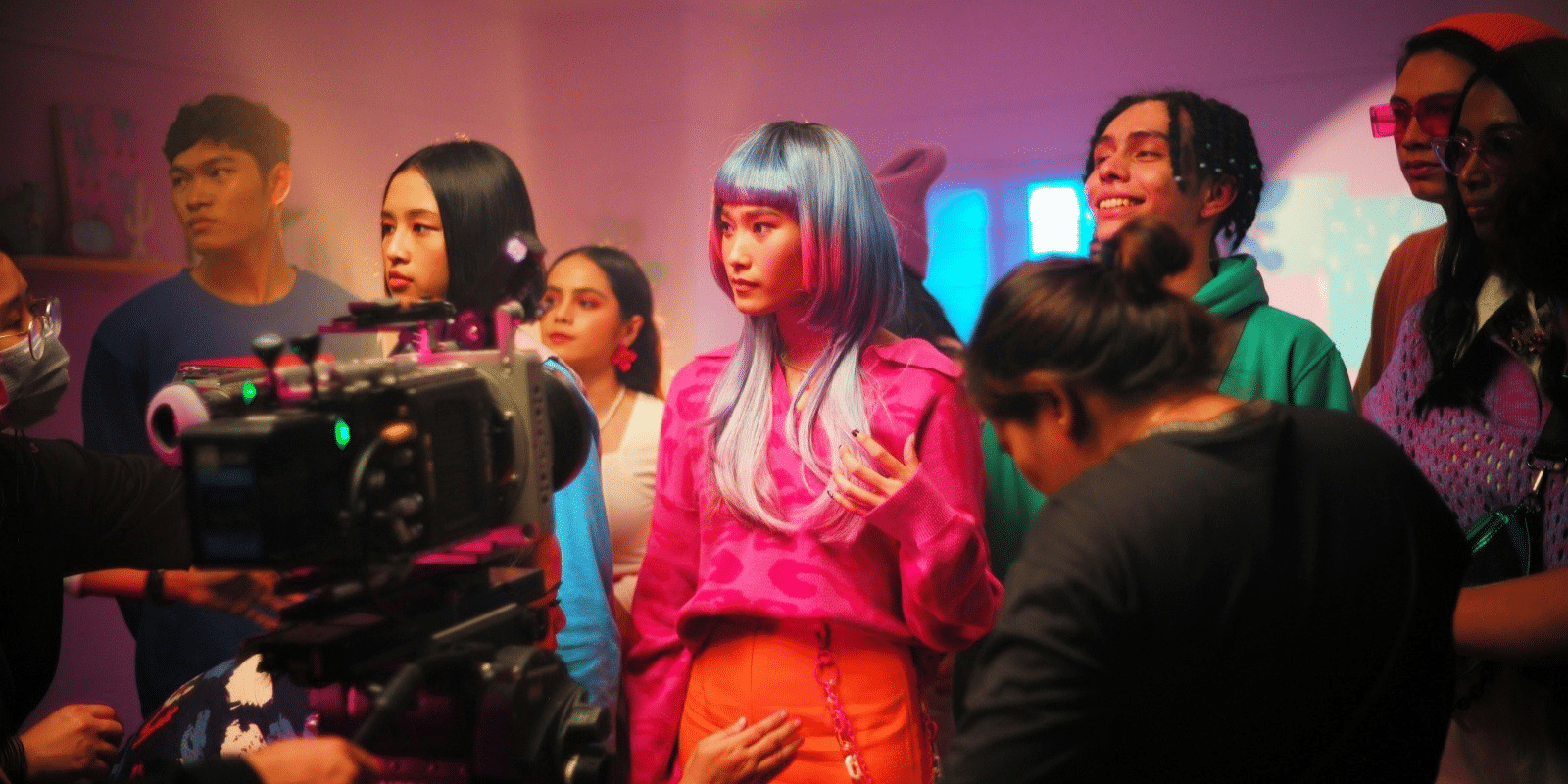What led you to write your latest book and 15th book, “Little Baghdad: A Memoir About an Endangered People in an American City”?
My love for history, culture, and exploration is what led me to write this special story, as well as the realization that our ancient indigenous group, the Chaldeans, is at risk of being close to extinction. The community’s cultural identity is endangered, and Little Baghdad is one way to document the memories of the Chaldean people through an American city that has provided a haven for our people to survive, and more importantly, to thrive.
What is the book about and when did you start writing it?
After becoming a mother in 2006, I began looking into my Chaldean roots. This led me to embark on a documentary project where I interviewed several female members of my family and extended relatives. In the documentary, titled “Living Tribal in a Democracy,” they shared their perspectives on what it means to live as women in a democracy while still maintaining a connection to their instinctual tribal ways, despite assimilating to a Western lifestyle. Their insights embodied an East-West wisdom that is relevant today. Due to my other responsibilities such as raising my children, juggling various creative projects, and caring for my elderly mother who lived with us, progress on the documentary was sporadic. However, after my mother’s passing in February 2019, I screened a ten-minute segment of the documentary at Wayne State University during an event called Creative Many, which received positive feedback and encouraged me to continue the project. This motivated me to revisit and complete the documentary, as well as write a book that explores the role of ancient Mesopotamia in the birth of contemporary culture and asks thought-provoking questions such as, “Can tribal societies serve as models for future societies?”

The endangered people you write about in your book are the Chaldeans. Who are the Chaldeans?
The Chaldeans are a Semitic people who trace their roots to Ur, land of the Chaldeans, which is in southern Iraq. In ancient times, the land was known as Mesopotamia, the “cradle of civilization,” where the setting for much of the Old Testament took place such as the Garden of Eden, the birth of Adam and Eve, and the life of Prophet Abraham. ” In 1921, during their occupation, the British changed the name Mesopotamia to Iraq, which removed that country’s original and extraordinary history from peoples’ memory.
For instance, few people are aware that the first writer in recorded history is Enheduanna, a woman from ancient Iraq. She was the daughter of King Sargon I, whose story closely resembles that of Moses. Sargon’s mother bore him in secrecy. She placed him in a basket and sent him down the river which carried him to Ishtar’s palace. A gardener found him and raised him to be a great king. The people of Mesopotamia are credited with numerous significant developments and inventions, which were so advanced and sophisticated that many historians and archaeologists have begun to consider whether there was extraterrestrial contact. In recent years, the History Channel has shown many programs about this possibility.
The Chaldeans were converted to Christianity from its beginnings, in the first century AD, by St. Thomas the Apostle during his passage to India. They are Catholics who still speak the Aramaic language used in Christ’s time, and not only during religious ceremonies. The older generation and recently arrived refugees to the U.S. still use the language on a daily basis, though it is estimated to die within a generation. For over five thousand years, as kingdoms rose and fell, empires expanded and contracted, and outsiders conquered and were repelled, the Chaldean people and their counterparts who have historically made tremendous contributions to human civilization, have greatly diminished in Iraq. Continuous wars and genocide over the centuries have taken their toll. Genocidal atrocities have occurred as recently as 2014, when the Islamic State of Iraq and Syria (ISIS) forces spread across northern Iraq, targeting various ethnic and religious groups and expanding the Chaldean diaspora even further. Now, the community’s cultural identity is endangered, with several political and religious groups still trying to erase our name and history, making it very important to shed light on our existence by sharing our stories.
Describe the American City that’s in your book.
Chaldeans emigrated from Mesopotamia to the U.S. at the turn of the twentieth century, before the British changed its name in 1921 from Mesopotamia to Iraq after defeating the Ottoman Empire and consequently occupying the land. The majority of early Chaldean immigrants settled in Michigan where there were already Arabic-speaking communities, the Lebanese and Syrian.
They came in search of better social and economic opportunities, while later immigrants came to escape religious persecution. Today, Michigan has the largest population of Chaldeans in the world, and my hometown of Sterling Heights is nicknamed “Little Baghdad” because of the large population of Iraqi Americans primarily of the Christian faith, largely Chaldeans and Assyrians. At almost every corner is a Middle Eastern produce market, restaurant, bakery, butcher shop, and hookah lounge, some with Arabic signate: Baghdad Market, Sahara Restaurant, Ishtar Restaurant, etc. Inside the stores, outside of the schools, during walks, and practically everywhere else, I hear the Aramaic dialect between men and women who, like my family, left our ancestors’ land for freedom and a better life. According to archaeologists Native Americans lived in Sterling Heights more than 11,000 years ago. We share many similarities with the Indians.
What would you like other people to know about you or your journey?
I’d like people to know that I come from a rich lineage which was once a highly sophisticated society of builders, inventors, creators, and poets. Where there was a high regard for feminine sacredness, and kings attributed their right to rule through their official marriage to a goddess. Our ancestors contributed a great deal to our modern-day western society. When that land was stripped from its magnificent status, we moved on to a land that resembles the Eden of our ancients, a land which is energized by the spirit of building, inventing, creating, and poetry.
How can your story empower people, particularly minorities?
I grew up as a minority Christian in a Muslim country that was ruled by the Baath Party. When I was nine years old, my family fled Saddam Hussein’s authoritarian regime and emigrated to the United States where, again, I was a minority as a Middle Easterner. I sometimes joke that I’m an expert at being a minority. Over the decades I witnessed my birth country destroyed by one war after another and my people attacked and driven out of their ancestral land by ISIS. Still, I worked hard through the different phases of my life – as a single woman, as a wife and mother and later a caregiver to my mother – and I believed in myself long enough to see my projects through to the end. My faith, work, and persistence communicated to the universe my needs, and somehow, somewhere, the things I wanted the most happened.






